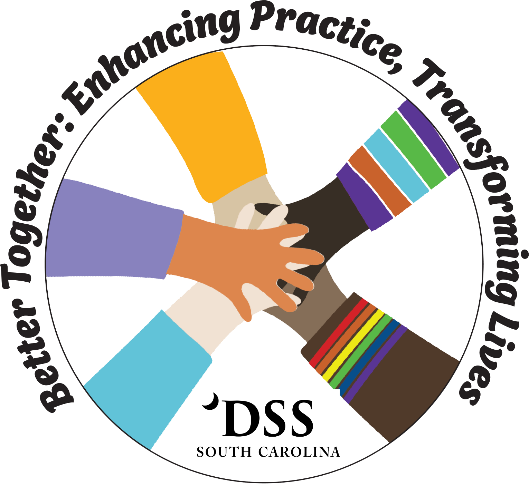Court Grants Approval SC Department of Social Services Class Action Settlement
October 4, 2016- Over the last approximately eighteen months, the South Carolina Department of Social Services, under new leadership and a comprehensive strategic plan, have been implementing systematic, sustainable reforms in its child welfare policies and practices. The Department has already begun to address the primary drivers for child welfare reform through a variety of means, including, but not limited to, addressing caseloads of child welfare staff, engaging in ongoing caseworker recruitment, the implementation of a foster care recruitment campaign, and the development of a state-wide Advisory Board.
In June 2016, the Department signed a settlement agreement to resolve a class action lawsuit filed against it in January 2015 by Children’s Rights and South Carolina Appleseed Legal Justice Center. Today, United States District Court Judge Richard M. Gergel approved the settlement agreement signed by the parties after hearing testimony from DSS Director Susan Alford and other interested individuals.
The settlement agreement, signed and supported by all parties, aligns with DSS’ existing roadmap for reform. DSS is committed to child welfare reform in South Carolina. Director Alford testified in Court that she believes there are three primary drivers which will make the most significant impact on child welfare reform in South Carolina:
1. The first driver is the Department’s ability to have highly qualified, trained caseworkers and supervisors, with manageable workloads;
2. The second driver for is the Department’s development and implementation of a Case Practice Model; and
3. Finally, the third driver is building a healthy caregiver network for children and families
The settlement agreement is the next step in ongoing reforms aimed at all three drivers and represents a laser-focus on achieving desired outcomes for children in foster care. As Director Alford testified today, the benchmarks which are included in the settlement agreement are very high. However, according to Director Alford, “although it can be daunting to aim towards very high standards because achievement of these standards does not come quickly in order to effect reform that is sustainable we must measure our progress, track our successes and failures, and continuously improve to create the best possible services that can be provided to our state’s children who are victims of abuse and neglect.” The settlement agreement underscores the Department’s desire to be transparent with the public, as well as with the court, with our progress toward reform.
The Department is hopeful that all involved in the settlement approach the agreement with a spirit of collaboration, mutual integrity, and a sense of purpose. The approval of the settlement agreement begins the next phase of reform for the Department, and we cannot do this work alone. The community partnerships that are essential to drive child welfare reform must be robust, diverse and collaborative.
According to Director Alford, “South Carolina can be successful in achieving reform if we together prioritize the needs of vulnerable children of this state. Through no fault of their own, they come into the care of DSS due to abuse and neglect which is often inflicted by the very adults who are supposed to care for them the most. These children are not numbers, or targets, or goals. They are living, breathing human beings who have a chance to become healthy, loving adults. They deserve our focused efforts to keep them safe, move them out of temporary homes to permanent families, and promote their overall well-being. If we truly care about children in foster care and want to empower their efforts to move from childhoods of survival-and-recovery to futures in which they thrive in permanent, supportive families, we cannot be satisfied with anything less than our best efforts on their behalf.”

